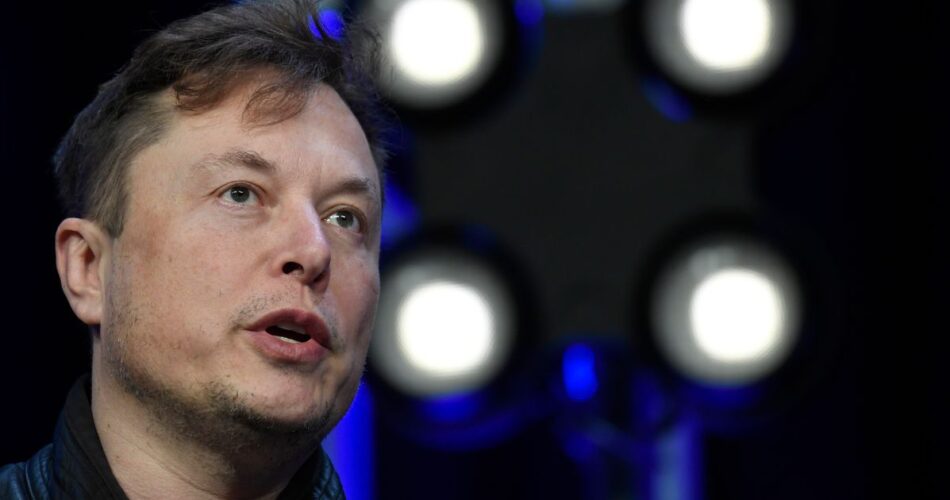Twitter quietly chucked out its COVID-19 misinformation policy last week as the platform’s new overlord, Elon Musk, continues making changes that have so far proven frightening to advertisers.
A page aimed at increasing transparency surrounding content moderation decisions on Twitter now features a prominent note: “Effective November 23, 2022, Twitter is no longer enforcing the COVID-19 misleading information policy.”
The policy, first implemented in late March 2020, meant that Twitter staff could remove “potentially harmful and misleading information” about the coronavirus, its treatments and its vaccines, such as the suggestion that sunlight prevented infection, or that getting vaccinated alters a person’s DNA. Since it was implemented, Twitter removed around 100,000 posts and suspended over 11,000 accounts for violating the policy.
In the confusing early days of the pandemic, Twitter provided a platform for researchers, doctors and public health experts to help spread the most accurate information available as time passed and infections ticked ever higher. But left unchecked, Twitter also made it incredibly easy for falsehoods to spread due to the bite-sized, shareable nature of tweets.
The company could also punish accountholders that routinely posted such misinformation with suspensions under the policy.
The personal Twitter account of Rep. Marjorie Taylor Greene (R-Ga.) was “permanently suspended” in January after five warning suspensions for posting COVID-19 misinformation. Under Musk’s leadership, however, Greene’s personal Twitter account has been restored.
Musk promised last week to start granting “amnesty” to other accounts that were frozen under the company’s old leadership.
Health experts have voiced concern about Musk’s handling of the site, which claims to have 238 million active users. Last month, the FDA’s Dr. Robert Califf criticized Twitter’s new direction in a series of tweets, but he also emphasized the importance of the federal agency staying on the platform to provide accurate information.
The world’s richest man took over Twitter in late October with the stated goal of restoring “free speech” protections to its users. In practice, his leadership has been characterized by erratic announcements that have reportedly led to an uptick in hate speech, as bad-faith users and extremist types who were previously discouraged from using the platform appear to have turned their attention toward it.
Musk has said in tweets that he will not tolerate any posts that incite violence. But he spent his first few weeks at the helm of Twitter eliminating entire teams devoted to content moderation, along with engineers and other staffers. More than half of Twitter’s workforce has been laid off in the last few weeks, and those who dared to criticize Musk have been fired.
Advertisers, loath to see their messages posted alongside hateful or harmful content, have responded by pausing their ad spend on Twitter, which largely relies on them to keep itself afloat.
By one estimate from Media Matters for America, Twitter has lost half of its top 100 advertisers since Musk’s takeover, and its place on Apple’s App store ― critical to the platform’s success ― appears under threat.




